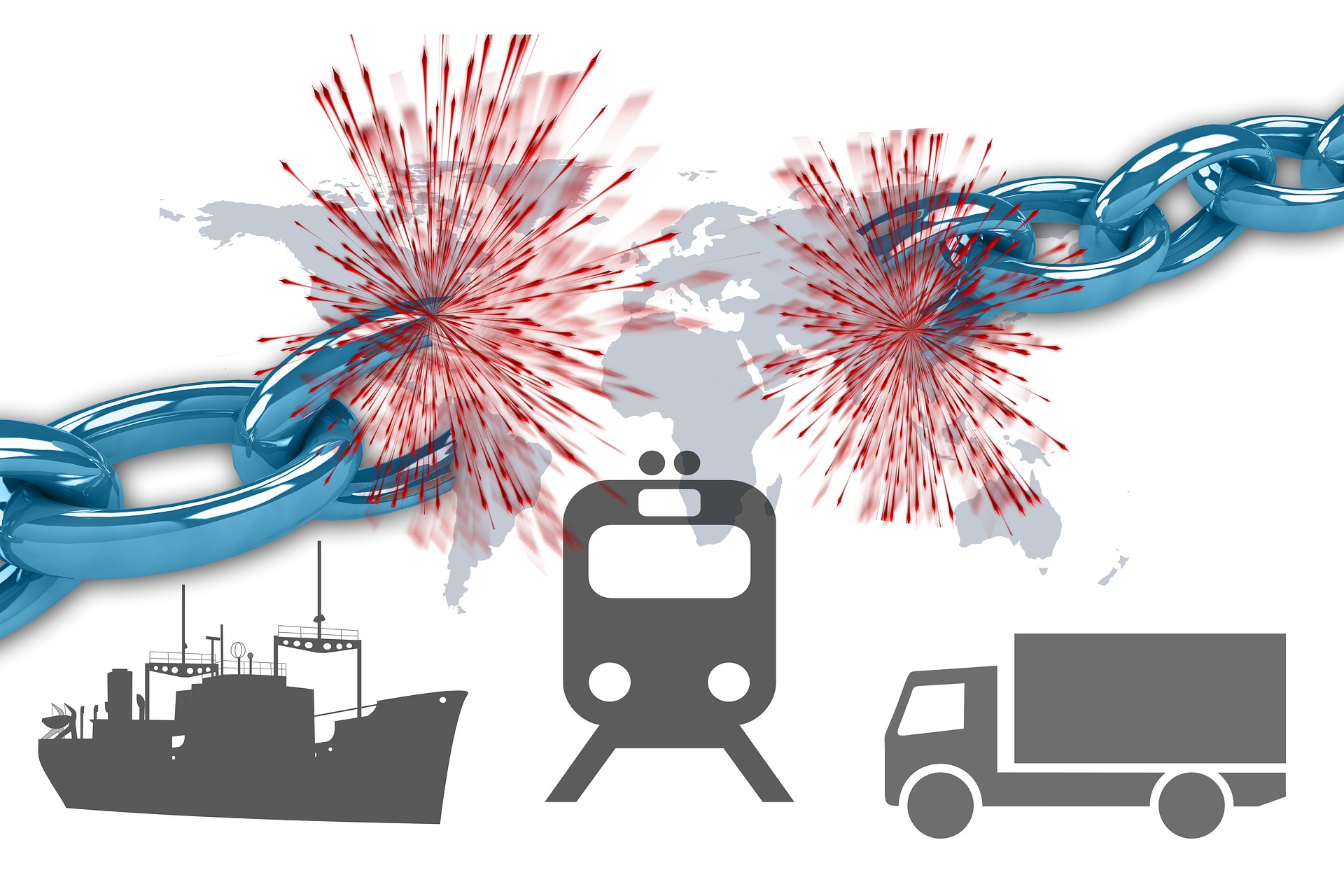The internet of things (IoT) has brought about numerous changes in the manufacturing sector. Perpetually connected devices within a firm's operations enable greater security, expanded automation, insights into efficiency and safety, as well as a greater degree of planning and organization than in the age of paper.
Blog
Data Lakes & Manufacturing

Innovations in industrial technology can make an operation more efficient and--potentially--more profitable. This is especially true when it comes to data collected and used both on the factory floor and the administrative office. One of the risks, however, with this new reliance on digital data is over-accumulation of large amounts of unused or inaccessible data in a firm's data lake.
Innovation Hesitation: The Valley of Death
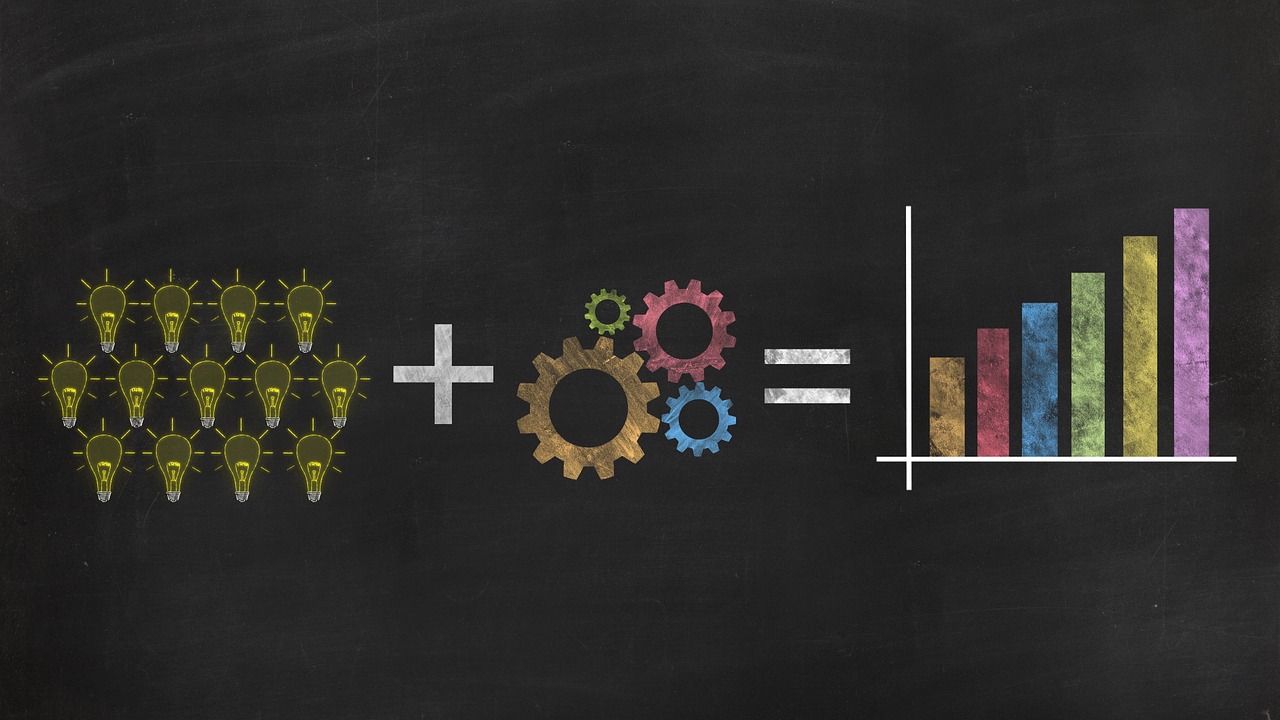
At the end of last month, Industry Week published the final installment of a series that predicted likely challenges for the manufacturing sector in 2022. The article features Don Deptowicz, president of Aspen Hybrid Technology Solutions, who focuses on something called the transition to manufacturing gap.
The Internet of Things

We've covered both smart factories and industry 4.0 in recent posts. Yet, both of these phenomena are industry specific variations of a much larger technological trend that could disrupt both manufacturing and everyday life. Usually called the internet of things (IoT), this label describes the use of internet-connected hardware in the real world, which then uses a network's signal to communicate with other hardware in the environment.
The New Industrial Revolution
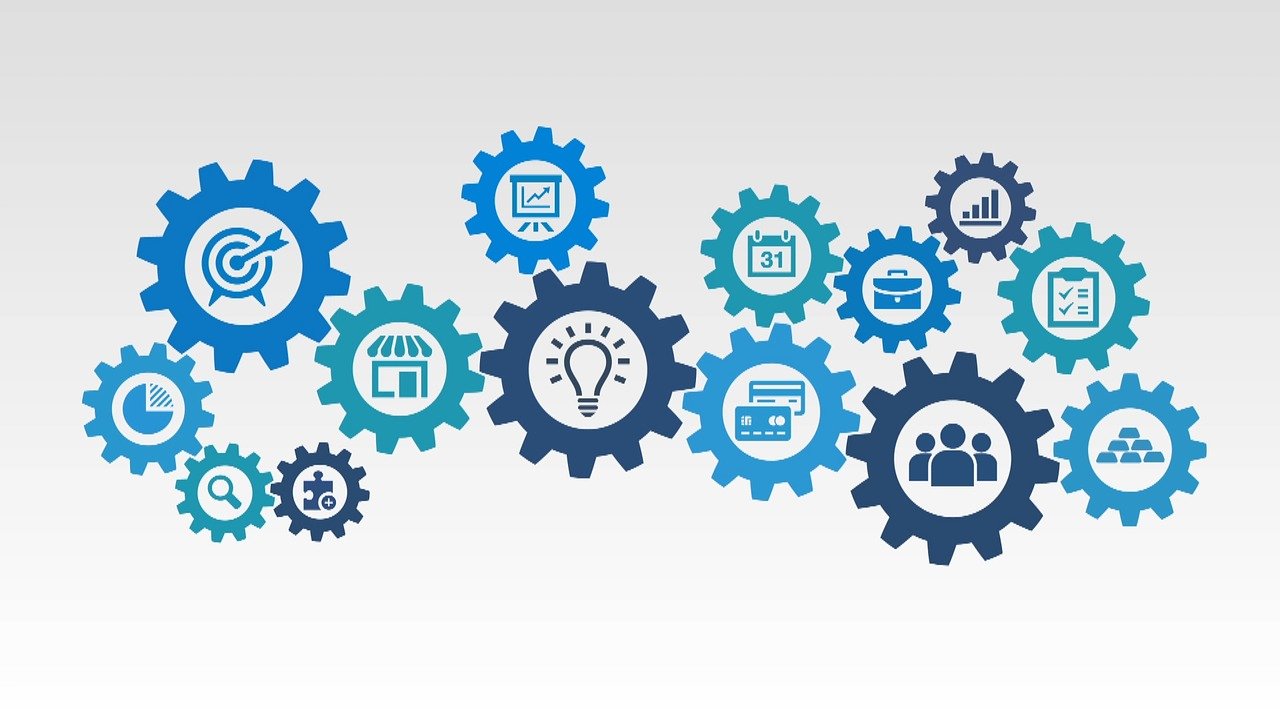
Last week, we discussed the rise of smart factories, which are modern day manufacturing operations that use top of the line computing and technology to streamline their operations. In truth, however, smart factories are but one aspect of something much larger and more significant--something that has come to be known as the fourth industrial revolution or industry 4.0. The concept was first coined and explored by World Economic Forum founder, Klaus Schwab, in his aptly titled 2017 book.
The Importance of Cybersecurity in 2022
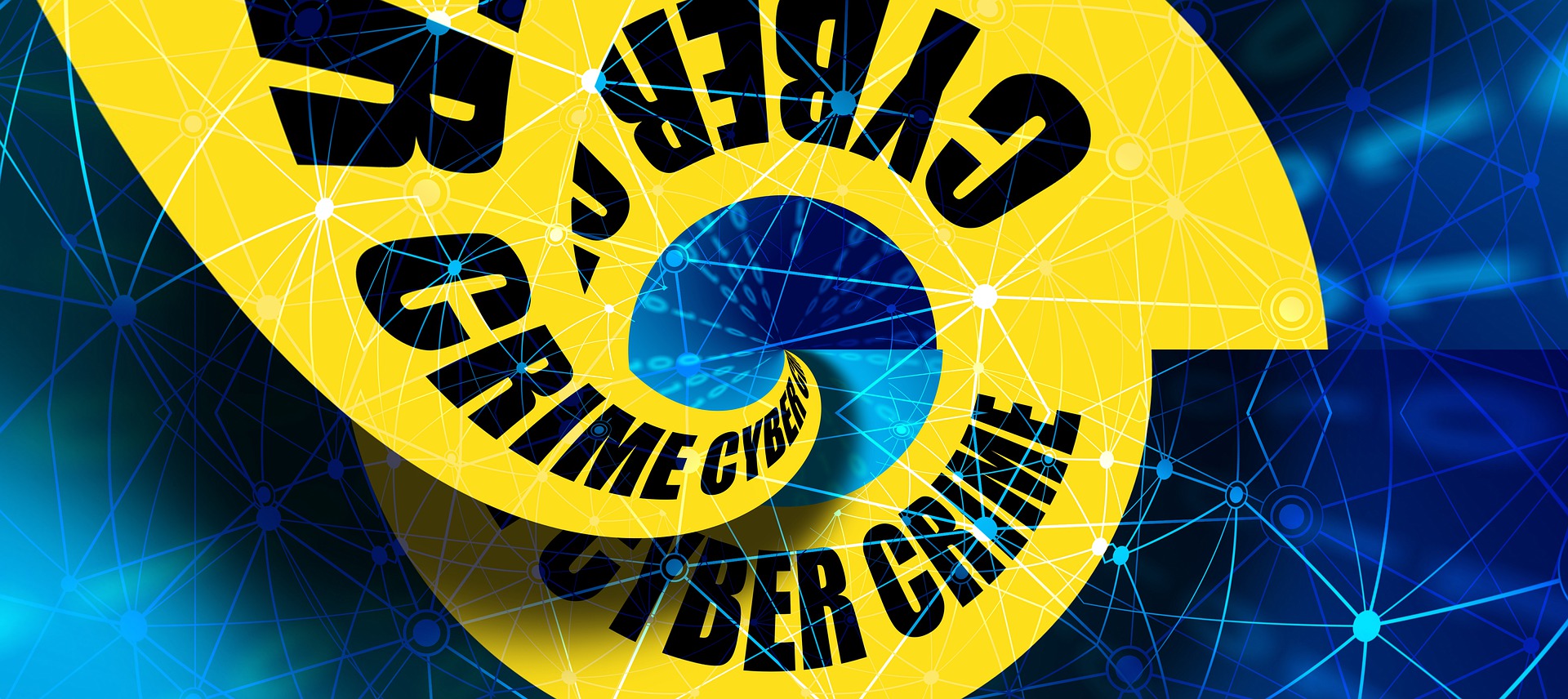
2021 saw two large ransomware attacks on the industrial sector. The first was an attack on the Colonial Pipeline, which ended in a $4.4 million payout and nearly disrupted fuel supplies around the world. The second threatened to shutdown the world's largest meat producer, JBS SA, which is located in Brazil.
Smart Factories
Supply Chain Security Revisited

In August, we covered a ransomware attack on Kaseya, a large managed IT provider, that led to security issues for about 1500 businesses around the globe. That episode shows how one attack can induce problems throughout an entire supply chain. 2021 has cascaded one problem after another onto manufacturing supply chains in the United States and elsewhere.
Cyber Insurance in 2022
Should You Recommend Smart Toothbrushes?
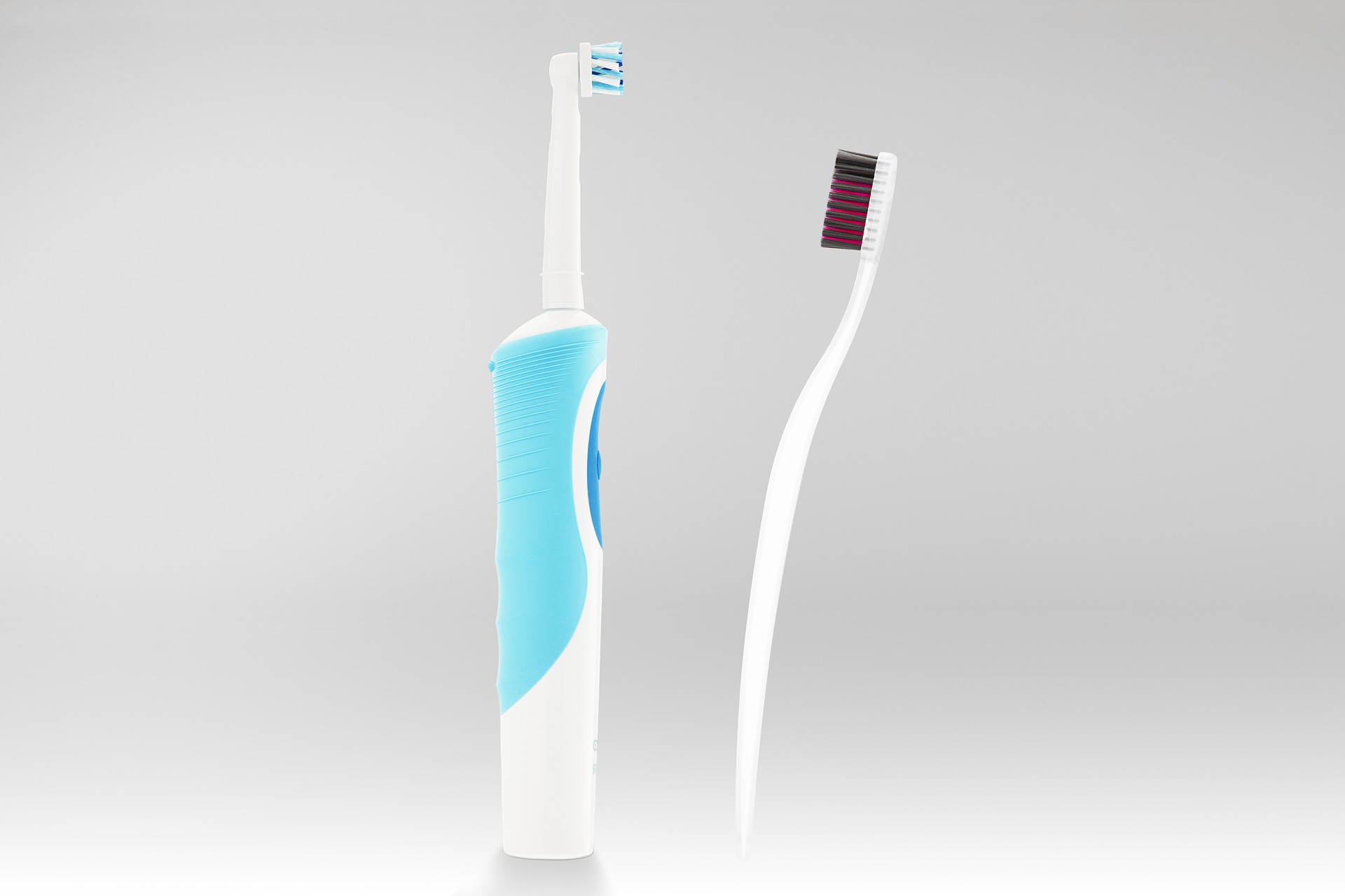
Everything has an app these days. From fitness trackers to parking meters, everyday technology that was once limited to simple analog mechanisms is now being integrated with algorithms and data bases. Toothbrushes are no different. So called smart toothbrushes have carved out a spot on the tech marketplace over the last few years, and this has many consumers asking if they should invest in this technological innovation.



